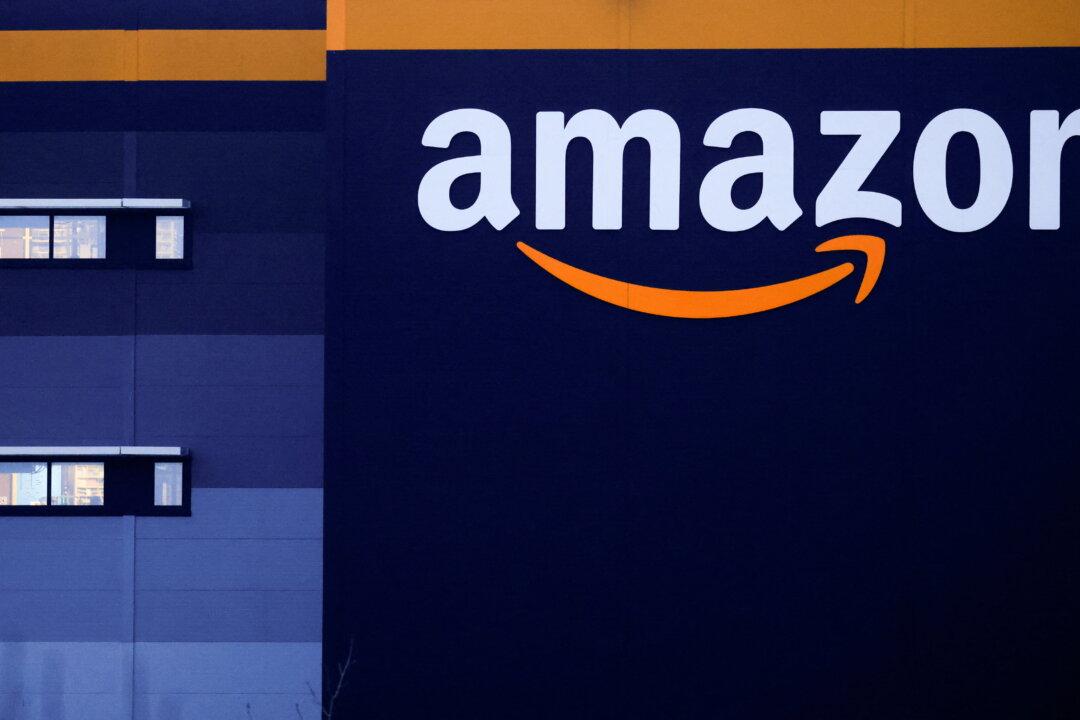Amazon’s $1.7 billion (A$2.4 billion) acquisition deal for iRobot, the creator of Roomba robot vacuums, will give the e-commerce giant another avenue to collect personal information if nothing is done to protect it, Digital Rights Watch warned.
On Friday, both companies announced they had entered into a definitive merger in an all-cash transaction.





